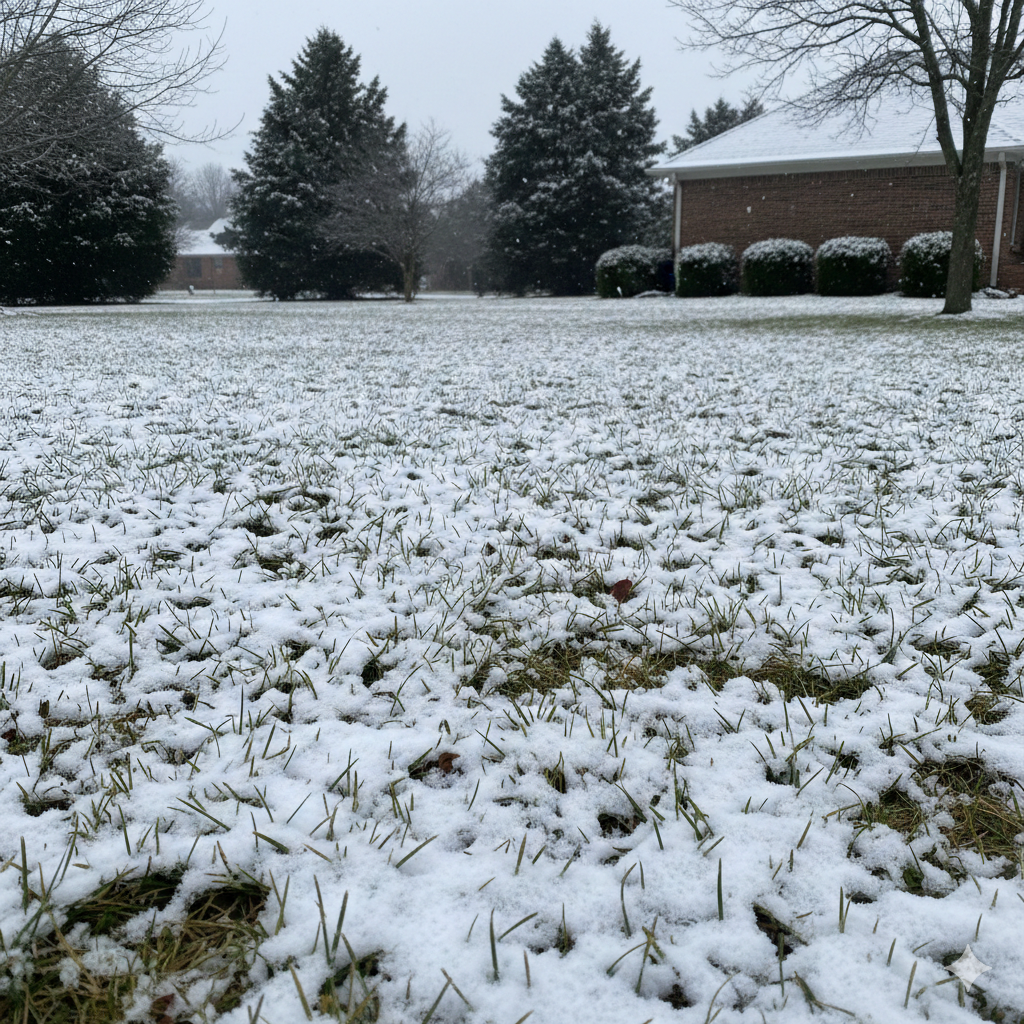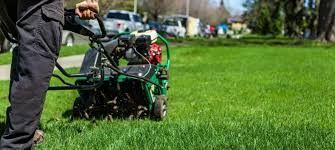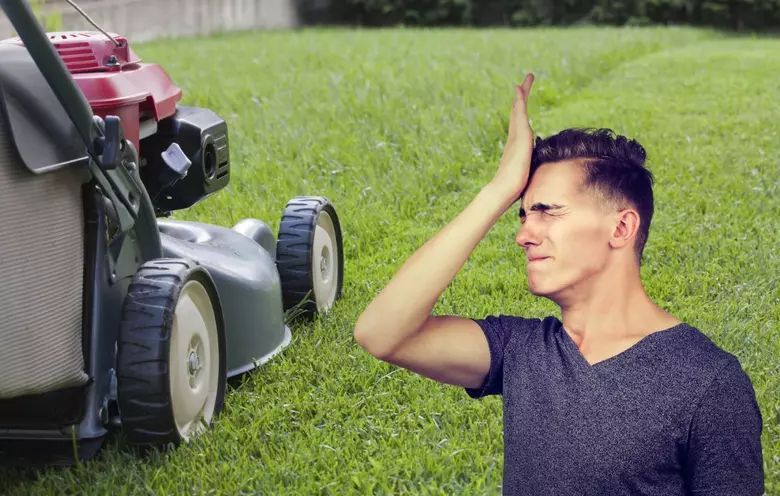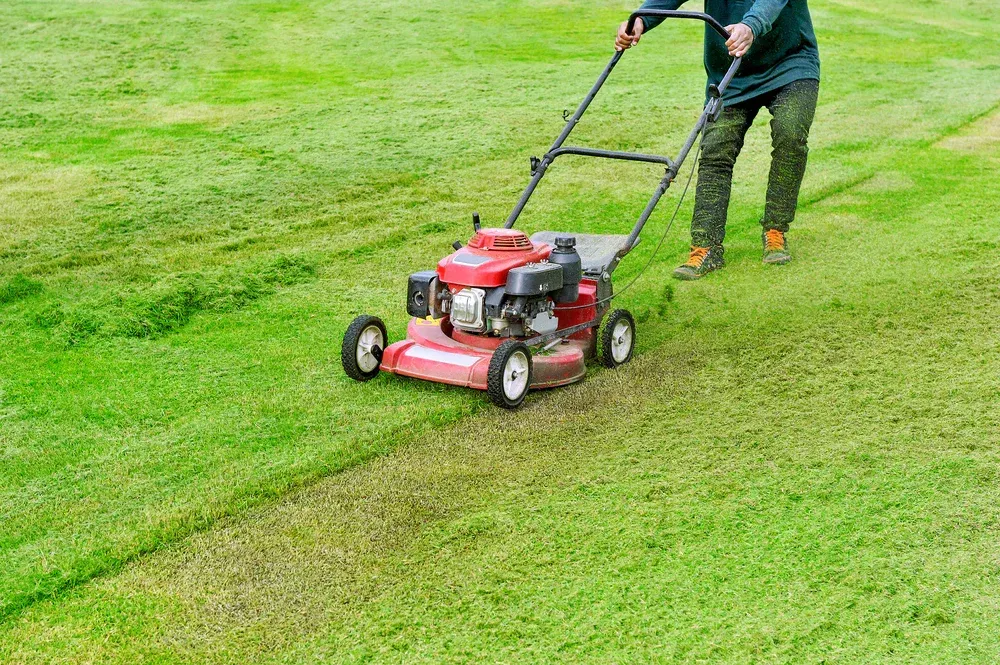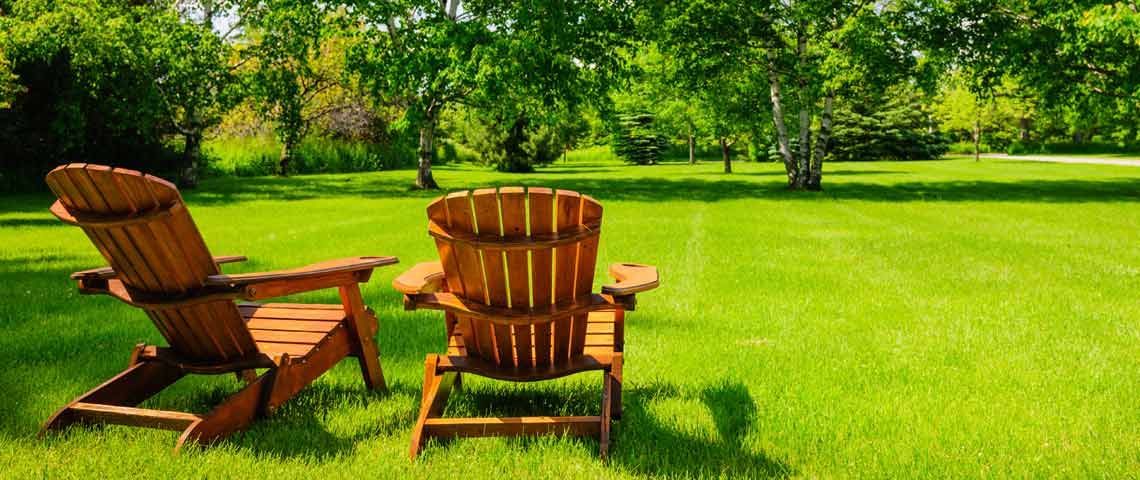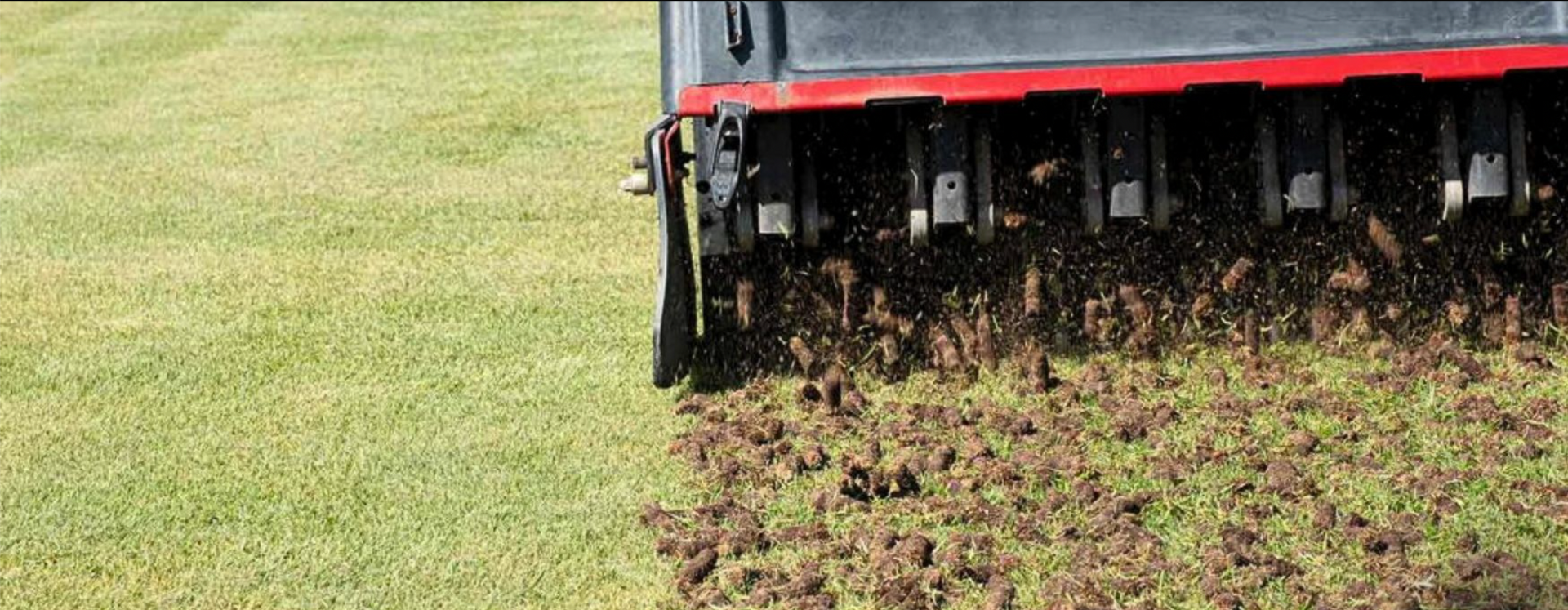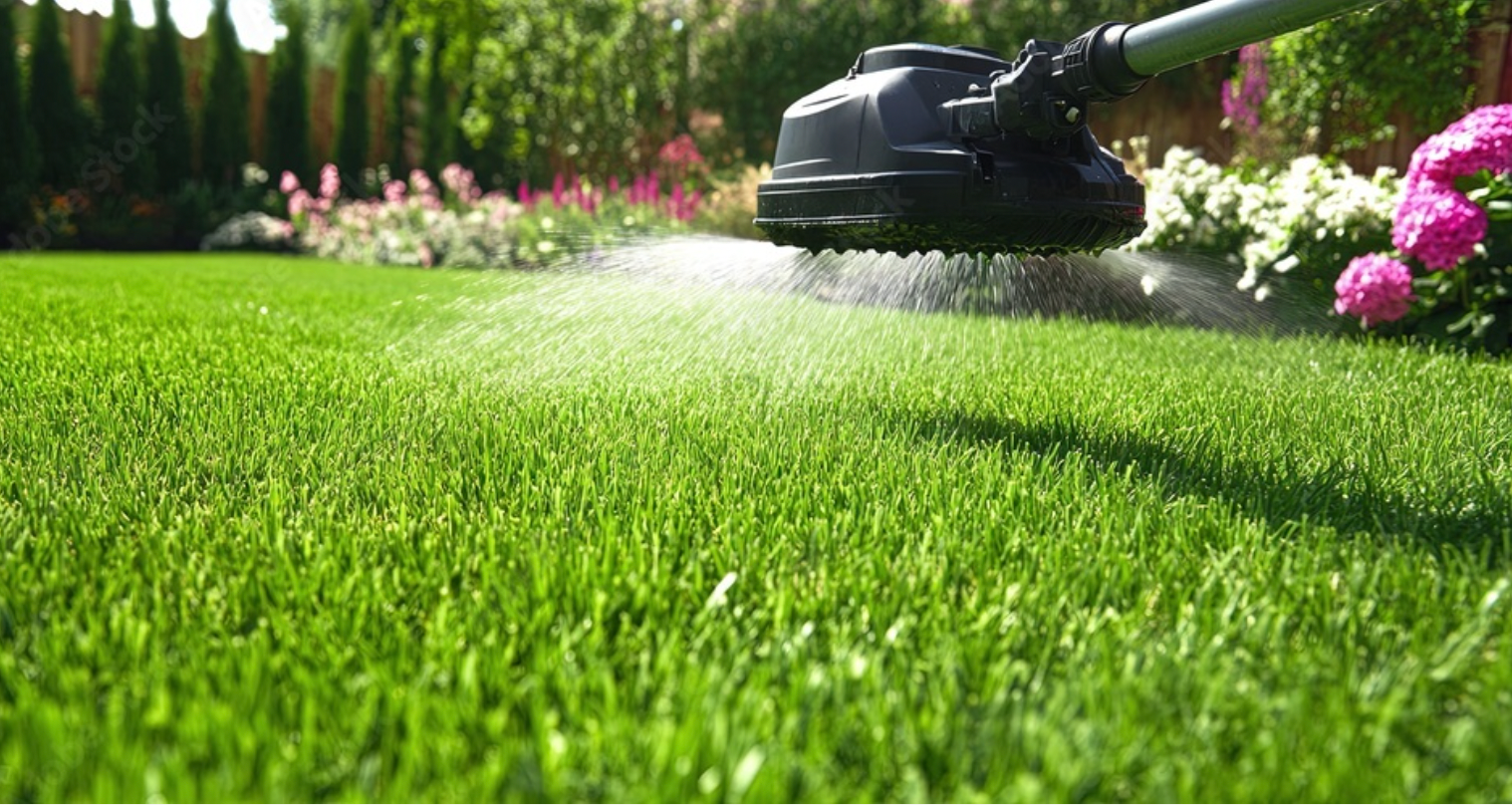5 Lawn Care Myths That Are Killing Your Grass
5 Lawn Care Myths That Are Killing Your Grass
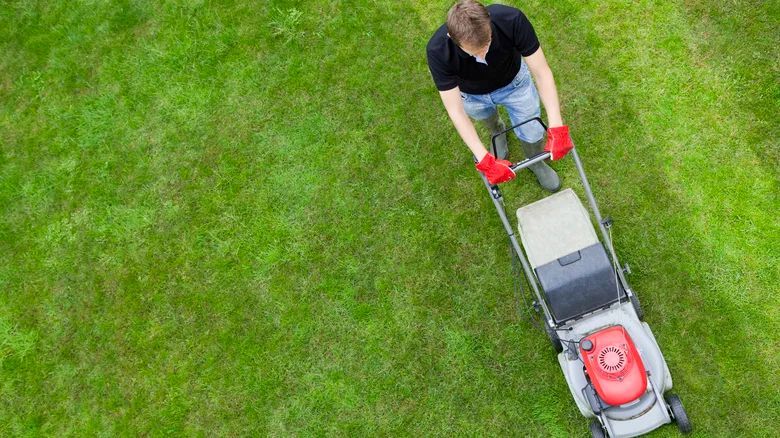
When it comes to lawn care, good intentions can sometimes lead to bad results. At Nature’s View Lawnscapes, we’ve seen a lot of homeowners unknowingly harm their lawns because of outdated or misleading advice. Let’s set the record straight by busting 5 common lawn care myths that could be killing your grass.
Myth #1: The More You Water, the Better
Reality: Overwatering your lawn can suffocate the roots and create the perfect environment for fungal diseases. Grass needs deep, infrequent watering—not daily soaking. Aim for about 1 inch of water per week, including rainfall, ideally delivered early in the morning.
Myth #2: Cutting Grass Short Means You Mow Less
Reality: Scalping your lawn (cutting it too short) stresses the grass and exposes soil to sunlight, inviting weeds. Most grasses thrive when kept around 3 inches tall, which helps shade the roots and retain moisture.
Myth #3: Fertilizer Is a One-and-Done Fix
Reality: Fertilizing at the wrong time or using the wrong type can do more harm than good. Grass needs different nutrients depending on the season. At Nature’s View Lawnscapes, we use tailored fertilization programs that nourish your lawn year-round.
Myth #4: Weeds Will Just Go Away on Their Own
Reality: Ignoring weeds gives them time to spread and compete with your grass for nutrients and water. Spot-treating or applying pre-emergent herbicides at the right time of year makes all the difference. Prevention is key.
Myth #5: All Lawns Are the Same
Reality: What works for your neighbor may not work for you. Soil type, grass species, sun exposure, and South Carolina’s unique climate all play a role. That’s why professional insight matters—we customize our care to suit your lawn’s specific needs.
Let’s Bring Your Lawn Back to Life
If your grass isn't thriving, one of these myths might be to blame. Let the pros at Nature’s View Lawnscapes help you take the guesswork out of lawn care. We specialize in lawn maintenance, fertilization, and year-round care throughout South Carolina.
📞
Call us today at 864-416-5119


